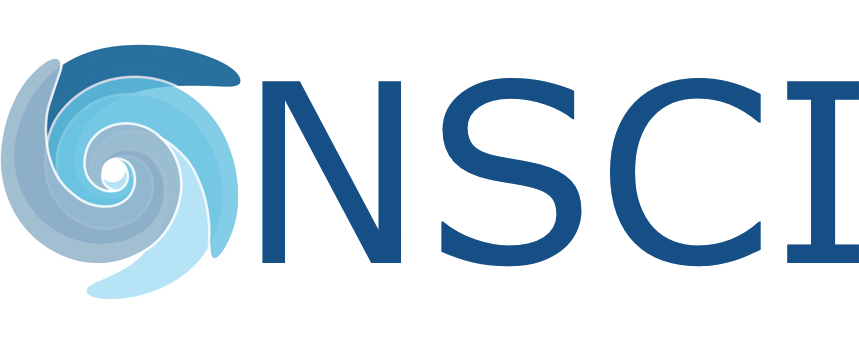[jcolumns model=”1,4″]

[jcol/]
Natalia Lowry, MD, Ph.D.
Natalia Lowry’s career path has taken her from treating children at the Institute of Pediatric Hematology in Moscow, Russia to teaching anatomy to medical students half a world away. Following the advice of her Russion mentor Dr. Lowry immigrated to the United States and entered the Albany Medical College graduate student program. Dr. Lowry focused her graduate studies on biochemistry and obtained her doctoral degree investigating transcription regulation in microorganisms. She applied her knowledge and skills in molecular biology to transcription regulation of neural stem cells while serving as a post-doctoral research fellow in Dr. Temple’s laboratory. Dr. Lowry’s current investigations include neural stem and progenitor cells for the treatment of spinal cord injury using fetal and adult animal models. “We treat the cells with different chemicals and implant them alone or in biodegradable microspheres that hold growth factors,” she explains. “Injury sites treated with neural stem cells improve dramatically”, she says. “We are studying self-renewal in neural stem cells, because for future applications in regenerative medicine we are going to need to need an efficient way to generate a large source of nerve cells.”
Select Publications:
Multipotent embryonic spinal cord stem cells expanded by endothelial factors and Shh/RA promote functional recovery after spinal cord injury. Lowry N, Goderie SK, Adamo M, Lederman P, Charniga C, Gill J, Silver J, Temple S. Exp Neurol. 2008 Feb;209(2):510-22.
Stage-specific changes in gene expression in acutely isolated mouse CNS progenitor cells. Abramova N, Charniga C, Goderie SK, Temple S. Dev Biol. 2005 Jul 15;283(2):269-81.
Identifying the perpetrator in medulloblastoma: Dorian Gray versus Benjamin Button. Lowry NA, Temple S. Cancer Cell. 2009 Feb 3;15(2):83-5.
